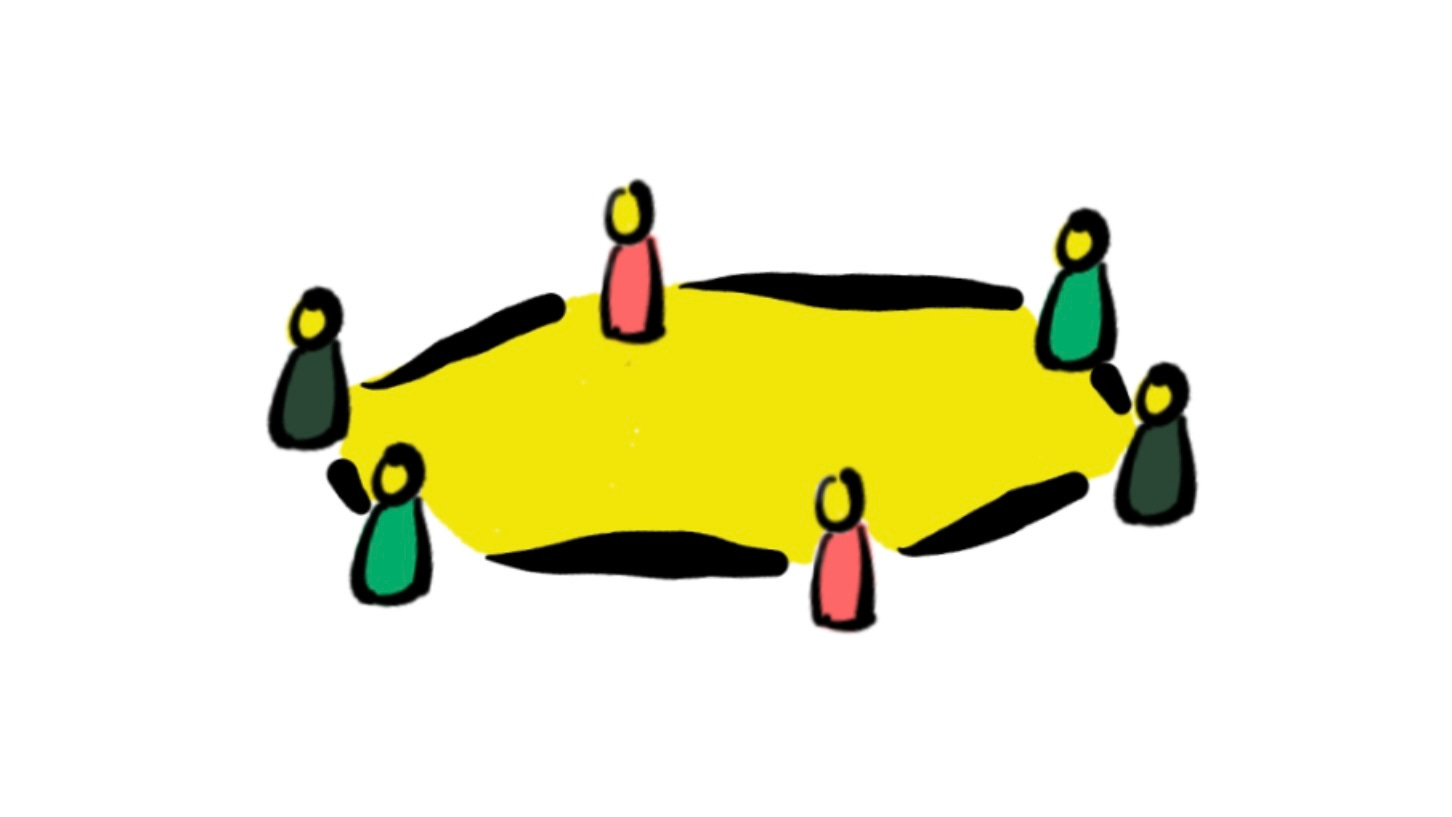Unlearning Success
A journey to more self-compassion
For most of my life, I have identified as a high achiever. Success (particularly tangible, measurable success) was my benchmark for self-worth. In my late 20s and early 30s, I started to recognize that this drive, while effective in some ways, wasn’t necessarily bringing me the happiness or fulfillment I sought. I instinctively knew that following a traditional corporate or professional path wasn’t for me, but I also struggled to see what my path was.
At the time, freedom seemed like the answer. Not necessarily entrepreneurship, but freelancing: the ability to choose how I worked, when I worked, and most importantly, freedom from stress and drama. But looking back, I see how this was a self-protective strategy, not true freedom. It wasn’t about choosing joy; it was about avoiding discomfort. I was trying to escape something I didn’t yet know how to face: emotional pain—mine and others’.
I had not learned how to sit with discomfort. I didn’t know how to be with other people’s pain because I didn’t know how to be with my own. I lacked compassion for my own vulnerability, so I struggled to engage skillfully with other people’s emotions. Without realizing it, I was operating from adaptive behaviors that helped me survive but kept me from fully living.
Discovering Internal Family Systems
Learning about Internal Family Systems (IFS) has been a bit of a paradigm shift for me. It has helped me understand myself in a way that feels both freeing and deeply challenging. IFS suggests that we all have multiple parts within us—some protective, some wounded, some exiled. The achiever in me, for example, isn’t just about ambition; it’s a protector, ensuring I feel worthy and safe in the world. But when success becomes my only metric for self-worth, it stops serving me.
The world is complex and uncertain and so our best laid plans don’t always go the way we want them to. Failure happens, but it shouldn’t affect how I see myself as a person.
Emotional flexibility (being able to hold multiple, sometimes contradictory, truths about myself) has been another key learning. The parts of me that long for certainty, control, and clear direction are real, but so are the parts of me that crave spontaneity, play, and presence. I’ve been learning to let these parts exist together, rather than forcing one to dominate.
Deciding to stop doesn’t mean I’m lazy. Not finishing a task doesn’t mean I’m undisciplined. Using verbs rather than nouns is my learning. I can act lazy, it doesn’t mean I am lazy. I can act undisciplined, it doesn’t have to mean I am undisciplined. I have the choice to act in whichever way I choose and not have to be tied to an identity.
Somatically Curious
Alongside this psychological work, somatic practices (understanding the body’s role in emotional processing) have added another dimension. I can’t understand everything through words. Some of what I experience now feels like emotions and sensations rooted in preverbal childhood experiences—what Gabor Maté might call “small-t traumas.” They live in the body, surfacing in physical tension, unease, or an inexplicable sense of fear.
Discovering this new approach to life has been both fascinating and disorienting. At times, I feel like I’m floundering, trying to make sense of things that don’t yet have words. But I’m also finding a new kind of freedom—the freedom that comes from not needing certainty to feel clear.
Lessons in Self-Compassion
What I’m coming to understand (slowly, imperfectly) is that the key to all of this is self-compassion. The more compassion I give myself, the less tightly I grip onto failure or certainty. The more I allow myself to play with life, rather than treating it as something to solve, the lighter everything feels.
I once believed resilience meant pushing through, achieving more, and proving myself. Now, I see it differently. Resilience is the ability to meet myself where I am, with all my parts, all my contradictions, all my uncertainty. And stay present, curious, and kind.
This is the path I’m on. It’s freeing. It’s fascinating. And yes, sometimes, I feel like I’m lost in the process. But maybe that’s the point, learning to be okay with not always knowing, and trusting that something meaningful is unfolding anyway.






